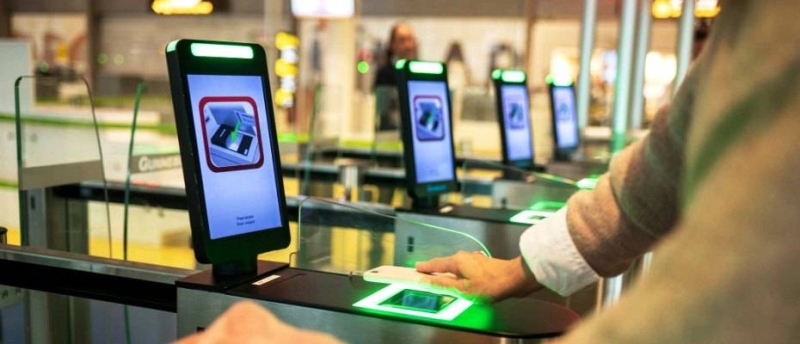From November 10, the European Union must introduce new rules for entry into the Schengen area for non-EU citizens

The launch date of the EES Entry/Exit System may be postponed again, as three countries have reportedly stated that they are not ready to implement it in early November. The EES, which will oblige citizens of non-EU countries to register their fingerprints, photos and passport data when entering the EU, will enter into force on November 10. The basis of the innovation will be the Entry/Exit Scheme (EES) border control system, which will automatically record the entry and exit of foreign citizens. At the first entry, biometric data will be collected from travelers. This data will be stored in the system for 3 years, and instead of traditional passport stamps, registration will take place automatically through self-service terminals. At each subsequent border crossing, you will need to scan your passport at these terminals. Refusal to submit biometric data will result in denial of entry. The EES system will operate in all EU countries except Cyprus and Ireland, as well as in four non-EU Schengen countries: Iceland, Liechtenstein, Norway and Switzerland (EU Political Report). However, France, Germany and the Netherlands sent a letter to the EU Commissioner for Internal Affairs, Ylva Johansson, in which they stated that they would not be ready to implement this system in time, The Guardian reports. Countries have expressed concern about the lack of field testing of the system, which has raised new questions about the target launch date. However, they fully support the system as it will increase security and speed up passport verification for non-EU citizens.The introduction of the EEC has already been postponed twice. There are also concerns that the introduction of EES will lead to long queues and delays, according to Travel News. Although EES is designed to make cross-border movement more efficient, many industries and governments fear that the initial registration of biometric data by all persons crossing borders will lead to long queues and delays at entry points.In the UK, Kent County Council leaders have called on the UK government to take measures to avoid disruptions to cross-Channel travel after the European Economic Area comes into force. According to Schengen News, the registration process will be carried out at computer kiosks installed at border crossings. These kiosks will register foreign travelers by scanning their fingerprints and passport data, as well as photographing their faces for the EES database. To avoid delays during the initial registration process, the UK Department of Transport has invested 3.5 million pounds (82 million RAND) in equipping major EU access points, including the Port of Dover, Eurostar and Eurotunnel, with registration kiosks to reduce the risk of queues and disruptions, Travel Weekly UK reports. However, Kent Council also pointed out the lack of updates to the EES pre-registration application, which could facilitate the initial registration process and reduce congestion at EU borders. The French port of Normandy is also expecting long queues and is preparing tablets to collect registration data, along with its kiosks. In addition, employees will pre-register people crossing the border while they wait in queues, according to Schengen News.

